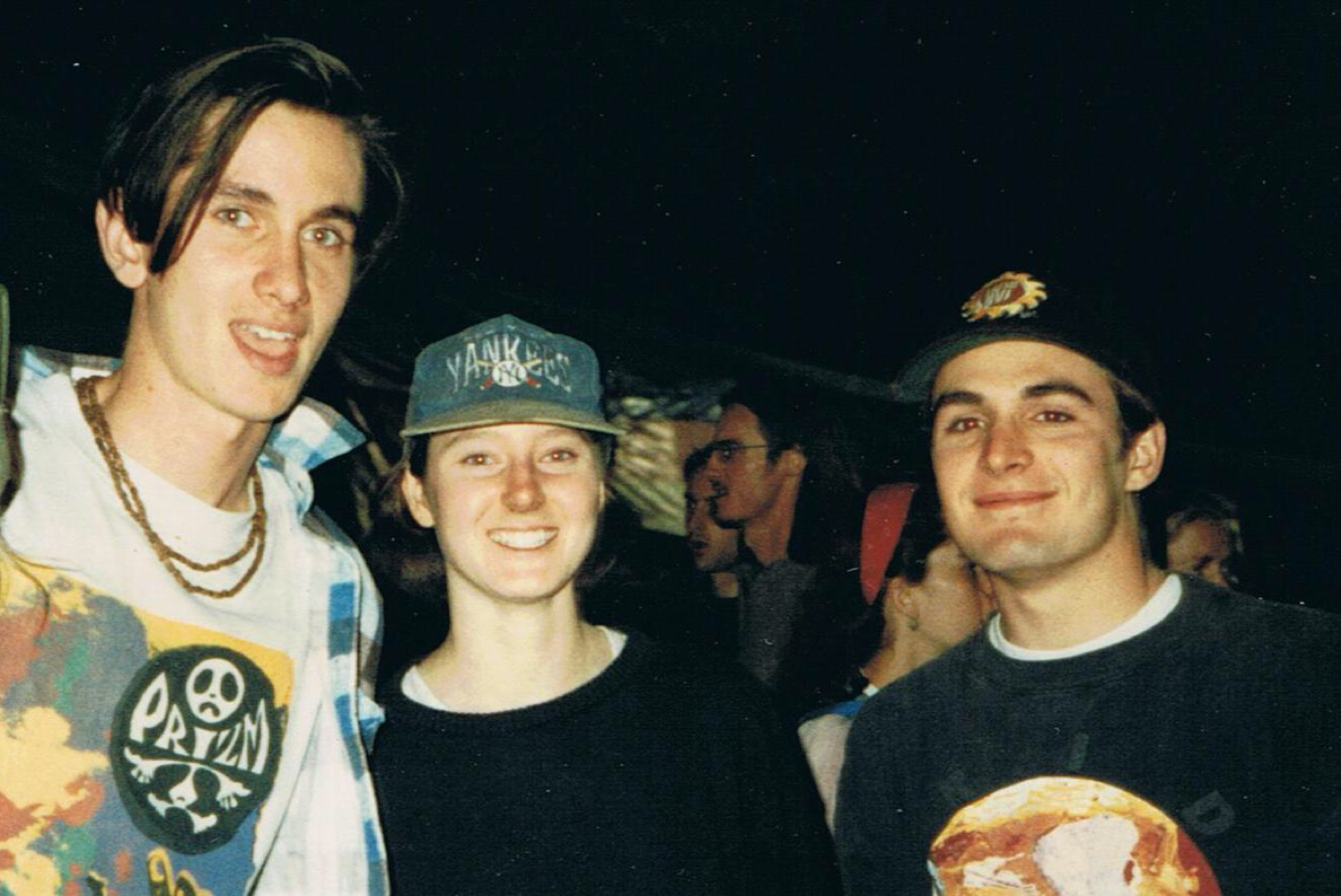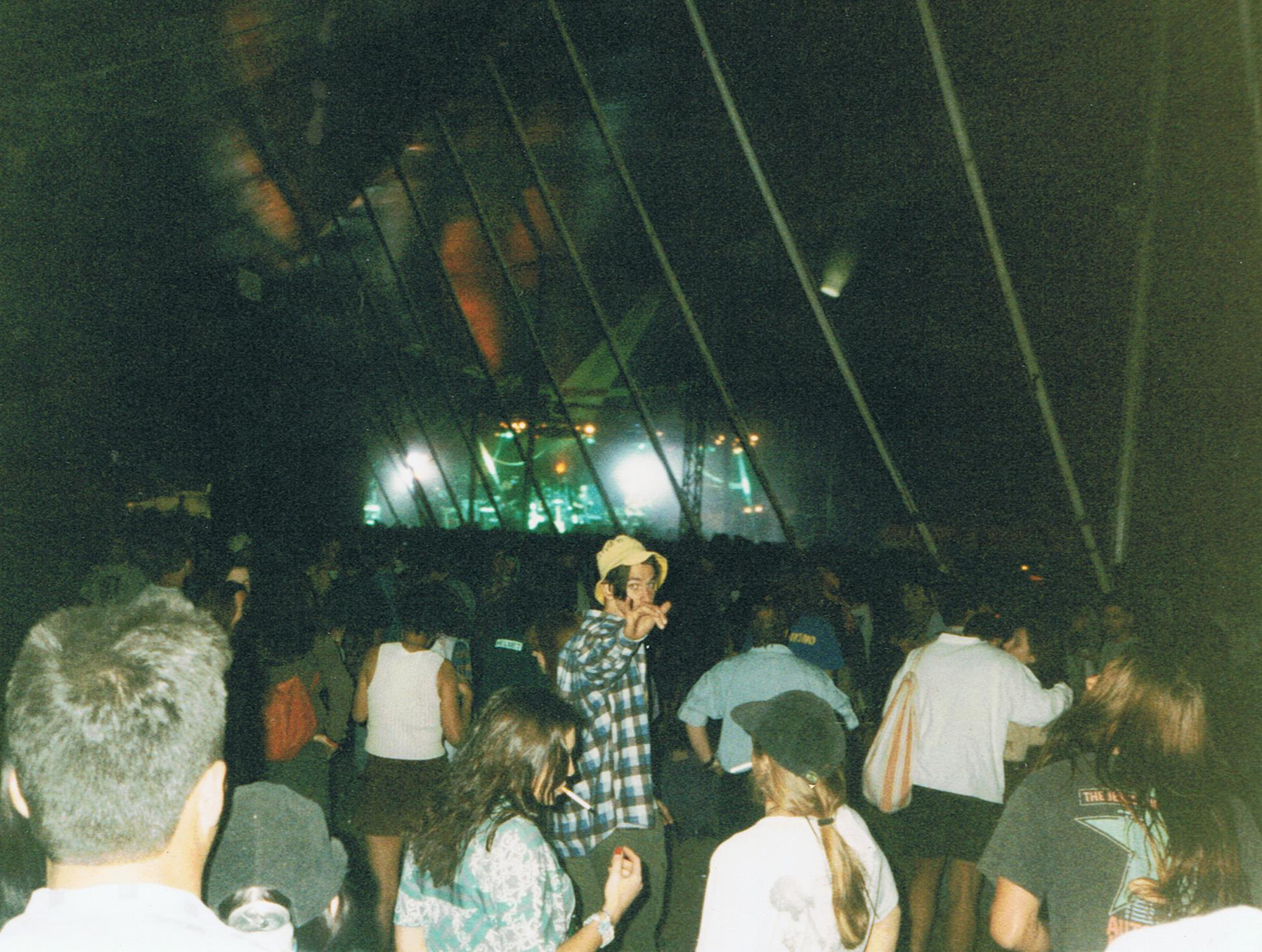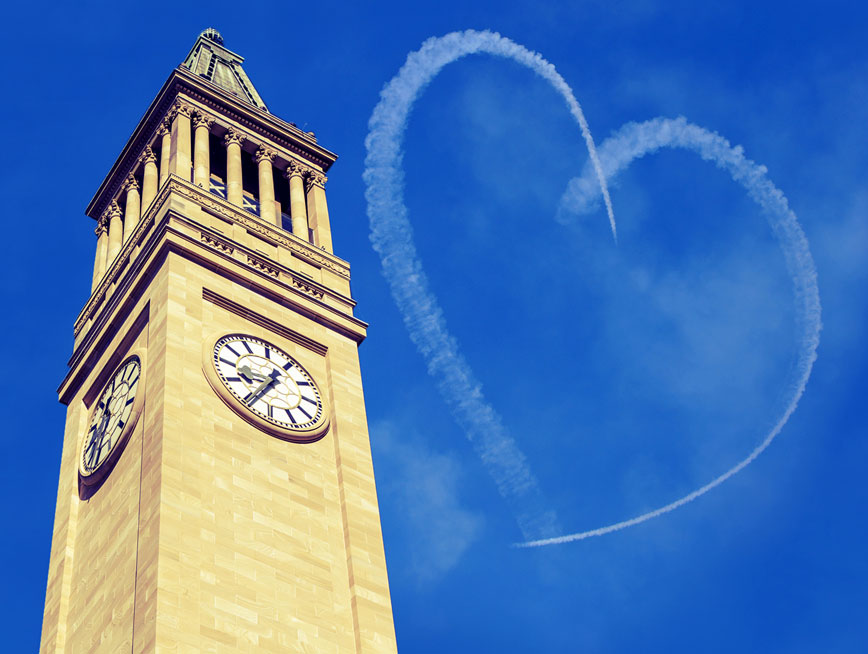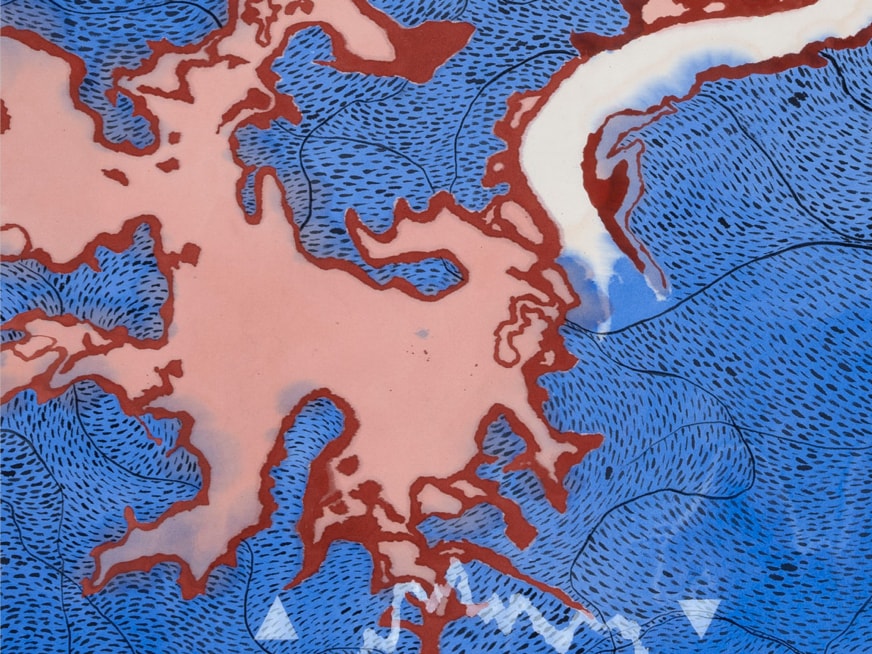Lars Brandle is a music journalist with more than 20 years experience, including his current role at Billboard Magazine, as the correspondent for Australia and “overnight editor” for its popular Billboard.com website. A former musician, Lars has spent much of his life interviewing artists about their careers, latest albums and tours, as well as trawling RSS feeds for the latest breaking news in the world of music across the globe.
You played in a band during the ‘90s, could you describe the scene that existed in Brisbane?
There were two thriving music scenes which were totally independent of one another. Brisbane city was all about rock in all its forms. Bands like Powderfinger, Regurgitator and Custard emerged from that space and, thanks to triple j which had just gone national, and Rage there was a sense that you no longer had to live in Sydney or Melbourne if you wanted to make a break. There was a moment in the mid-90s where people were calling Brisbane the “new Seattle.” At the same time, you also had an incredible underground dance music scene in the Valley. Clubbers were blessed with four great venues, The Site, the Roxy, the Beat and the Tube, and all the global heavyweights came to play the dance parties. Sasha, Digweed, Carl Cox. It was a great time to be alive.
You were living and working as a music journalist in London in 2000 when Brisbane’s music scene was exploding onto the global stage. Could you tell us about the reaction internationally to Brisbane music?
In the U.K., Australian music was lumped into one basket. A handful of Brisbane acts were championed by the NME, particularly in the second half of the naughts, including I Heart Hiroshima, An Horse and Operator Please, who are from the Gold Coast but we’ll claim them. Powderfinger were briefly signed to Richard Branson’s V2 label in the U.K. The lads toured Europe most years and they’d typically finish at the Shepherds Bush Empire. The aftershow parties at the K West Hotel were legendary. I recall Regurgitator played the one-off Fierce Festival in London back in 2004. Midnight Oil headlined. The ‘Gurge also performed a smaller club date and blew some minds. I saw Resin Dogs play on my birthday at Cargo in London. Brisbane always represented.

You’ve selected your Top 10 favourite Brisbane songs, you could tell us more about the songs you have selected and why?
Having to select a shortlist of favourite tracks or albums is like listing off your best mates. It’s an impossible task. Regurgitator and Powderfinger were straight in there. They had to be. ‘Kong Foo Sing’ has that ridiculous parody battle sequence at the end, which they’ve realised in the music video. They never took themselves too seriously. ‘Sunsets’ is magic. Violent Soho is such a kick-arse band, and The Veronicas are never far from being Premier League. Jeremy Neale’s Velociraptor remains the highlight of all the hundreds of BIGSOUND performances I’ve seen over the years. There were tracks that didn’t make the list purely because they’re not on Spotify. I’d have probably selected ‘Chicken’ by Happyland, the side project of Regurgitor’s Quan. And ‘Evil’, a menacing trance piece by Alan Rock, the alter ego of Base-X’s Glenn Marshall.
For Museum of Brisbane’s High Rotation, you wrote articles on featured musicians including Violent Soho, DZ Deathrays, DJ Angus, Washington, Pangaea, as well as Livid. Do you have a memorable movement from Livid festival?
I have fond memories of three Livid festivals. The single greatest moment was Beastie Boys headlining in 1994. Anyone under that tent will remember the dust – we were in the midst of a drought, nothing new there — and the crazy energy in the place. I understand one of the Beasties was bed-ridden before the show and there was some doubt whether he’d be up for the gig. The Beasties were at the absolute peak of their creative powers and that set was a total blinder. Daniel Johns getting clocked by a full beer can during Silverchair’s performance in 1996, peeling himself off the floor, pointing out the idiot who did it, then getting straight back to work was mighty impressive.
You have had the opportunity to interview many artists over the years. Who is your favourite interviewee?
That’s a tough one. I’d have to go with Carl Cox, who I interviewed on stage at the Face the Music conference some years ago in Melbourne. I followed his career closely for so many years, so to get a chance to shoot the breeze with him for an hour in front of a room full of people was an experience I won’t forget. He mentioned afterwards that I’d done some great research. Yeah, nah. I didn’t do any research. I just knew my stuff. I spent time on stage interviewing DJ Sasha at the Electronic Music Conference last year in Sydney. There was a time when he was revered as the “Son of God”. He’s still considered one of the greatest epic house DJs of them all. That’s right up there.








